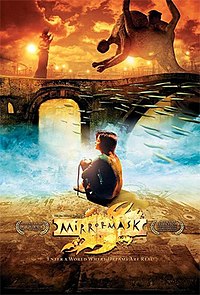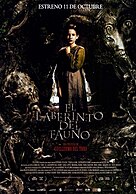Lists











11 Books
TBR
Sort by:
Recent Desc
More lists by Kayd Winslow



My Animes
List includes: Inuyasha, Fruits Basket, Hunter x Hunter
January 2023
0
@kaydwinslow


Phenomal Shit
Just.... yeah. That.
January 2023
1
@kaydwinslow



Warm Bread
List includes: MythBusters, The Princess Bride, Spirited Away
January 2023
0
@kaydwinslow



Comfort Shows
List includes: Pushing Daisies, MythBusters, Stargate SG-1
January 2023
0
@kaydwinslow


Live Action TV
List includes: Pushing Daisies, Firefly, Chuck
January 2023
0
@kaydwinslow


The Beauty Of Relatable Character Growth
what it says on the tin
January 2023
1
@kaydwinslow


The Depths Of Strange Emotional "Kid's" Shows
They hit different
January 2023
1
@kaydwinslow



Comfort Movies
burned into my heart and mind movies
December 2022
0
@kaydwinslow



The Coraline Weirdness Vibe
For when you want something to be weird, but this very specific kind of weird
December 2022
1
@kaydwinslow